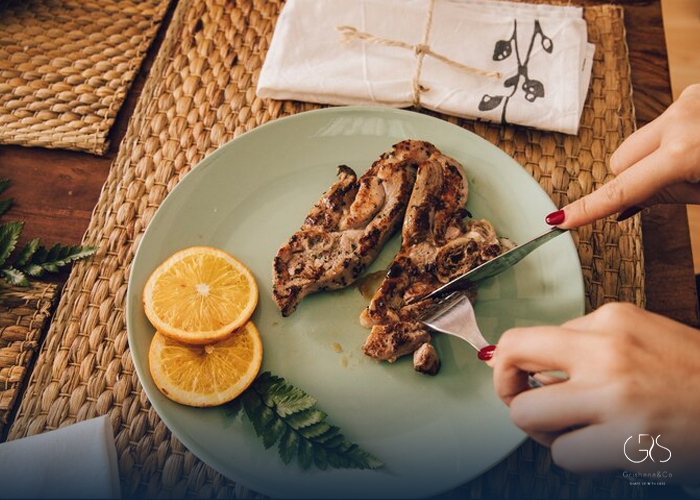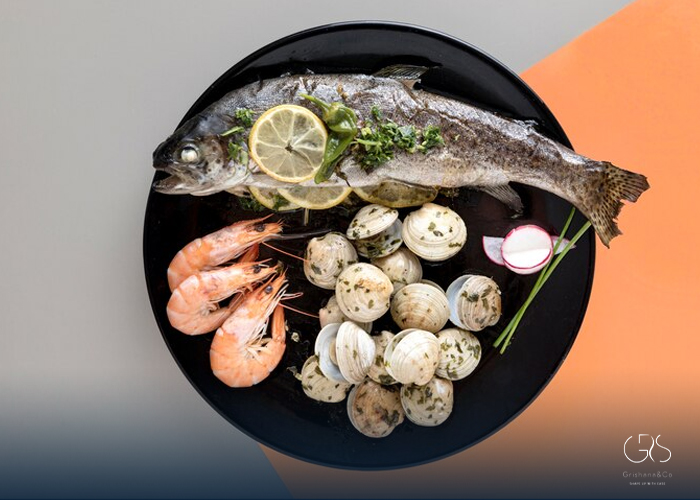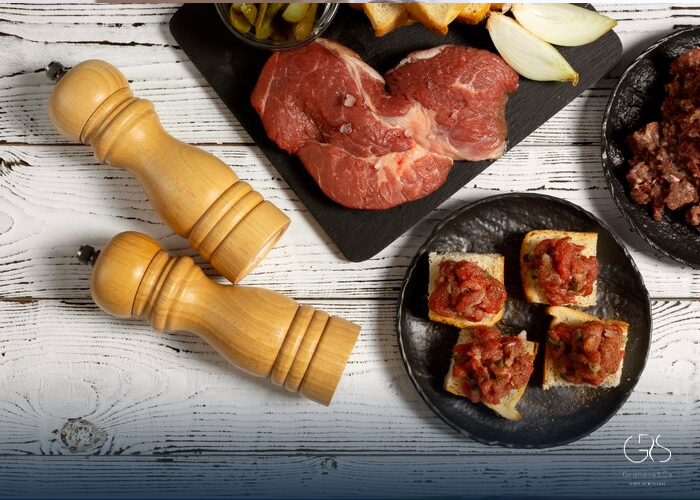Gout is a type of inflammatory arthritis brought on by the buildup of uric acid crystals in joints, resulting in intense pain and swelling. While genetics and underlying medical issues can influence gout, diet plays a crucial role as well. Specific foods high in purines, known as gout-causing foods, can trigger gout attacks or worsen its symptoms. In this discussion, we will delve into five common foods that contribute to gout, evaluate their impact on health, and explore various perspectives on managing gout through dietary choices.
1.Red Meat:
Red meat, particularly beef and pork, contains high levels of purines, which can lead to increased uric acid production in the body. According to the Arthritis Foundation, a study published in the New England Journal of Medicine found that consuming meat, seafood, and alcohol can increase the risk of developing gout in both men and women.

2.Seafood:
Certain types of seafood, such as shellfish and oily fish like mackerel and sardines, are also high in purines. A report from the American College of Rheumatology states that shellfish consumption was associated with a 50% higher risk of gout attacks compared to no consumption. While seafood is an excellent source of protein and omega-3 fatty acids, individuals with gout should be mindful of their intake.
(I suggest checking out my article on high-protein fish.)

3.Sugary Drinks:
High-fructose corn syrup, commonly found in sugary sodas and fruit juices, has been linked to increased uric acid levels in the body, raising the risk of gout. A meta-analysis published in the British Medical Journal suggests that regularly drinking sugary beverages is associated with a higher risk of gout in men. This highlights the need for moderation in consuming such drinks.
4.Alcohol:
Alcohol consumption, especially with beer and spirits, can result in higher levels of uric acid, raising the risk of gout attacks. A study in The Lancet demonstrated a strong connection between alcohol consumption, particularly beer, and the development of gout, with the risk escalating with increased consumption. Hence, individuals with gout should exercise caution with their alcohol consumption limits when consuming alcoholic beverages.

5.Organ Meats:
Liver, kidneys, and other organ meats are rich in purines and can significantly raise uric acid levels. The National Kidney Foundation states that organ meats are among the highest purine-containing foods and should be limited in the diet of individuals with gout. While these foods are nutrient-dense, their impact on gout needs to be considered for those managing the condition.
Diverse Perspectives on Managing Gout through Dietary Choices:
Dietary management plays a crucial role in controlling gout, and there are various perspectives on the best approach. While some advocate for strict avoidance of high-purine foods, others emphasize moderation and balance. Some healthcare providers recommend working with a registered dietitian to create a personalized nutrition plan that considers individual preferences and overall health goals. Additionally, incorporating anti-inflammatory foods, such as fruits, vegetables, whole grains, and plant-based proteins, can also be beneficial in managing gout.
Conclusion:
Understanding the impact of certain foods on gout is essential for individuals managing this condition. By being mindful of their dietary choices and seeking diverse perspectives on managing gout through nutrition, individuals can take proactive steps to reduce the risk of gout attacks and improve their overall health and well-being.
Sources
- Arthritis Foundation, Gout Diet: Dos and Don’ts
- American College of Rheumatology, Gout
- British Medical Journal, Soft drinks, fructose consumption, and the risk of gout in men: prospective cohort study
- The Lancet, Gout
- National Kidney Foundation, Gout and Kidney Disease










